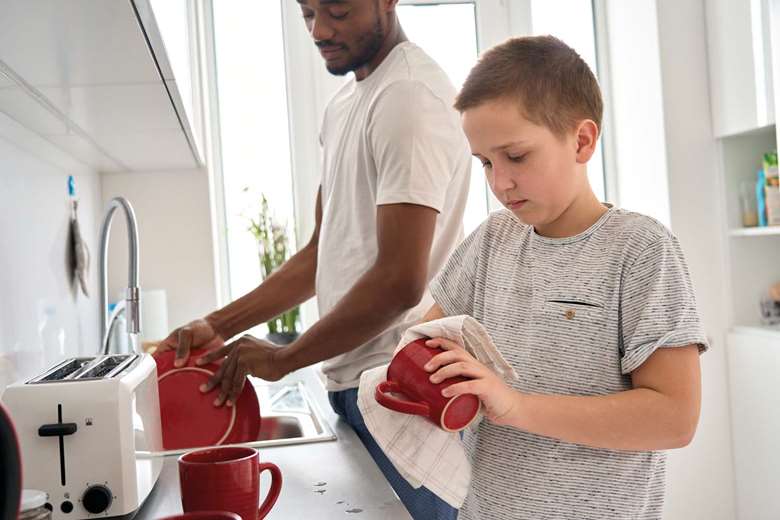Children’s Homes Association bans non UK-owned providers from membership
Fiona Simpson
Tuesday, April 2, 2024
The Children’s Homes Association (CHA) has banned organisations operating in the UK but owned by foreign companies from becoming members.

The organisation announced that changes to its membership criteria came into force on 1 April, “following a review of the sector”.
The updated criteria states that “to be a member of The Children’s Homes Association, organisations must be ultimately owned in the UK”.
-
Commissioning: Trends in council spending on services for vulnerable children
-
Residential Care: Key policy developments
It adds that they must also “have wholly or majority shareholders who are registered as a UK tax payer” and “not receive loans or investments that originate from a tax haven”.
A briefing document detailing the decision behind the changes states: “The CHA has concluded that while we reaffirm our commitment to a mixed economy of children’s social care and are proud to represent so many excellent providers across the private, public and charity sectors, corporate structures involving tax havens are contrary to the concept of social value and the ethics of social care and therefore do not align with the values and vision of The CHA.”
It adds that “fees local authorities pay providers for care should be spent responsibly on providing the highest possible quality of that care and on operating a stable and sustainable care organisation that is able to commit to the care of children and young people over long periods of time”.
“It is not appropriate for those fees to be spent on unreasonably high levels of interest, which can exist in private equity/investment/lending models, and again see funds drained from the country and care system,” the document states.
The CHA, previously the Independent Children's Homes Association, rebranded in 2020, opening up membership to local authorities.
The Department for Education’s LA and School Expenditure statistics for 2022/23 shows an increase in spending on placements in privately-owned children’s homes of around £400m - compared with 2021/22 - to more than £1.8bn.
A report by the Competition and Markets Authority, commissioned by Care Review chair Josh MacAlister and published in May 2022, branded the children’s social care market “dysfunctional”.
It said the UK had “sleepwalked” into a system in which children are failing to get suitable placements in children’s homes.
Responding to the announcement, Andy Smith, president of the Association of Directors of Children’s Services (ADCS), said he welcomed the CHA’s change to its membership criteria.
“This sends a positive signal about the need for a more stable care system that is committed to meeting the needs of our most vulnerable children and young people above all else. We now urgently need national government to create a set of national rules to ensure the system is reset in favour of children's best interests.
“Children’s services have long operated in a mixed economy with private, voluntary and community providers involved in the delivery of services locally. However, the entry of private equity amongst an ever-shrinking group of private providers is a real concern.
The risks associated with provider failure or withdrawal from the market are significant to children. Should this happen, no single local authority could step in.
“ADCS continues to call on government to initiate a shift away from profiteering in the placements market and to invest, or help local authorities invest in, new, not for profit provision.”




